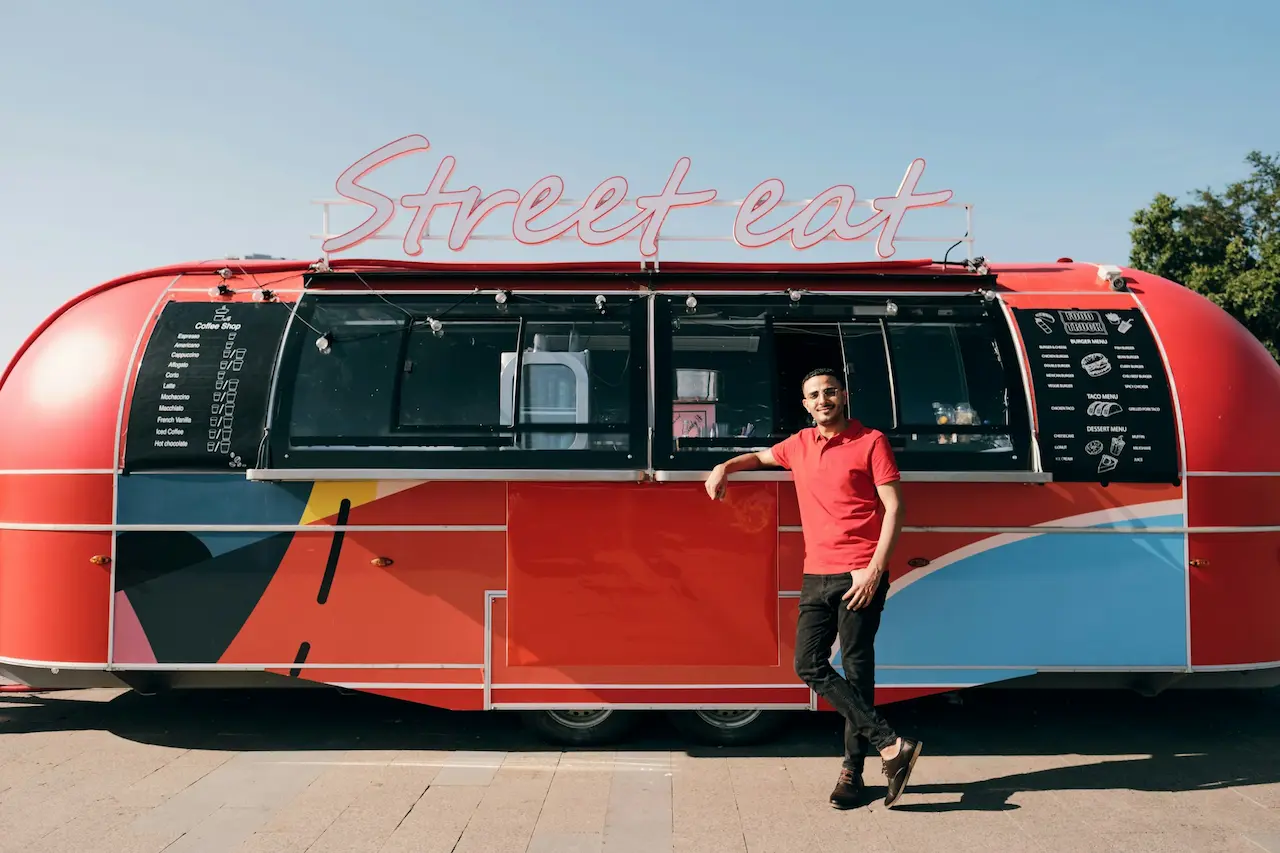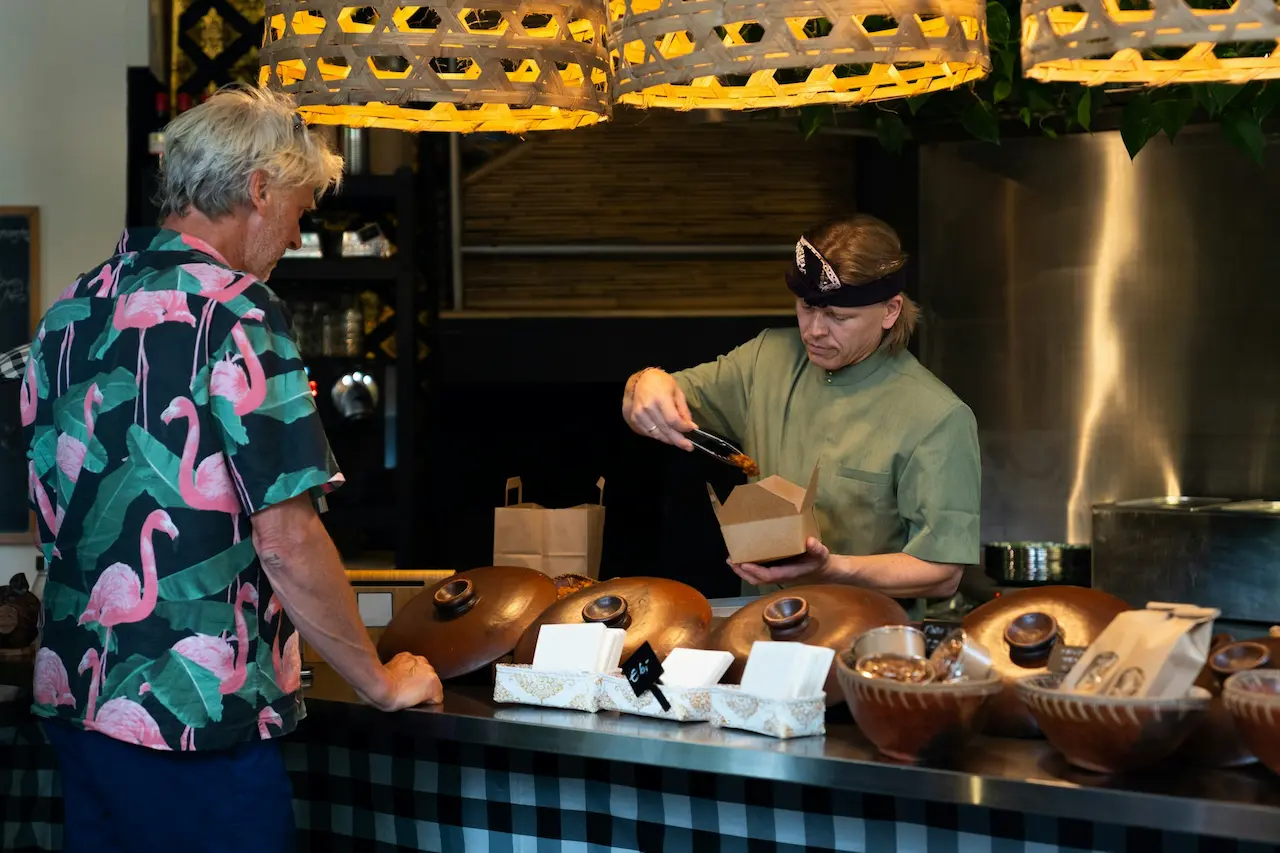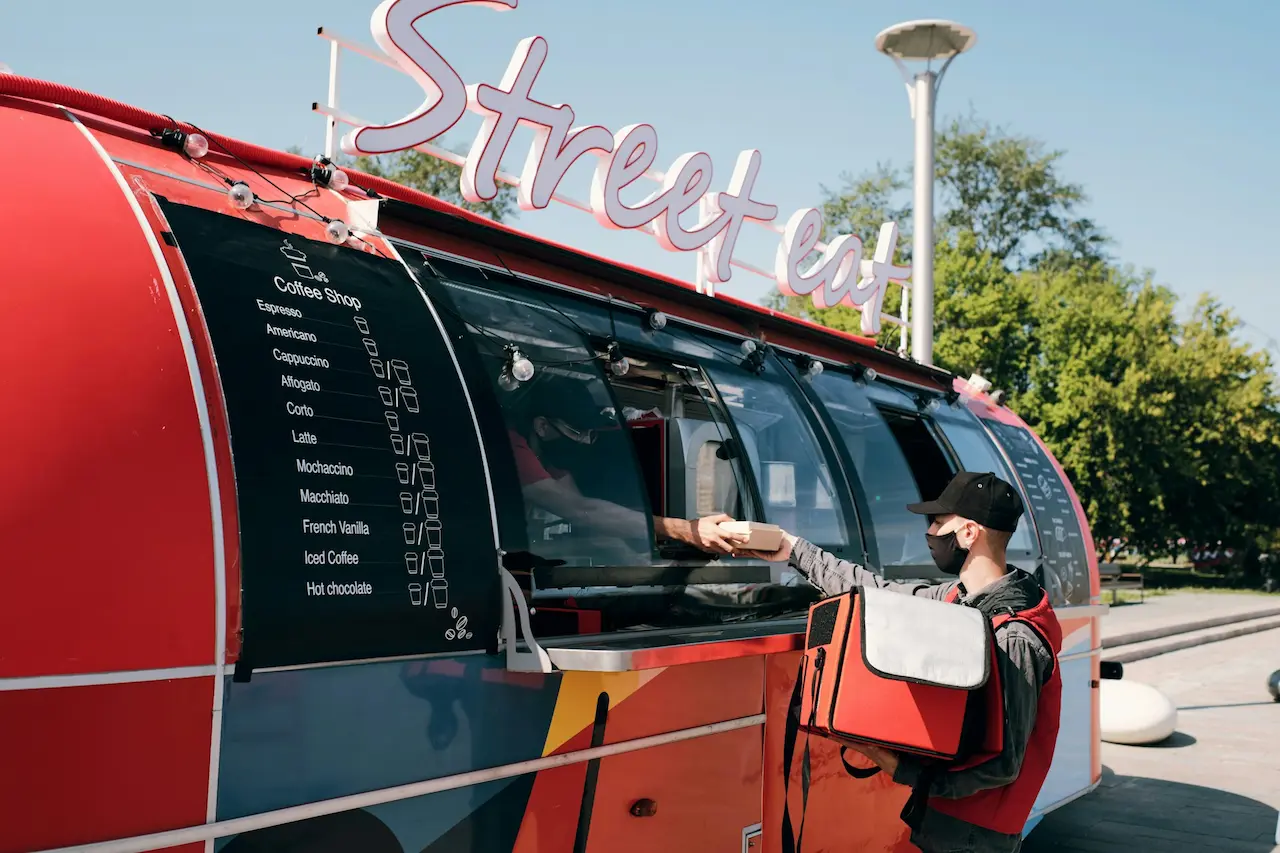The Complete Guide to Starting a Successful Food Truck Business
The food truck industry has exploded in popularity over the past decade, offering an exciting and flexible alternative to traditional restaurant ownership. Entrepreneurs are drawn to food trucks because of lower start-up costs, mobility, and the ability to reach a diverse customer base. However, while a food truck business may seem like an easy venture, success requires careful planning, strategic decision-making, and a strong understanding of the food service industry.
Launching a food truck involves more than just preparing delicious meals. It requires selecting the right vehicle, obtaining necessary permits, developing a strong brand, and effectively marketing the business. With the right approach, aspiring food truck owners can create a profitable and sustainable business.
Table of Contents
ToggleResearching the Market and Choosing a Niche
Before investing in a food truck, conducting thorough market research is essential. Understanding local demand, customer preferences, and competition can help entrepreneurs determine which type of food will generate the most success. Some of the most popular food truck concepts include gourmet burgers, fusion cuisine, plant-based meals, and specialty desserts.
Identifying a niche is equally important. A unique selling point—whether it’s a specific cuisine, an innovative cooking method, or a themed food experience—can set a business apart from competitors. Food trucks that cater to dietary trends such as gluten-free, keto, or organic options often attract dedicated customer bases.
Studying successful food trucks in the area can provide valuable insights into what works and what doesn’t. Entrepreneurs should take note of pricing strategies, peak sales hours, and customer engagement methods used by established businesses.

Selecting the Right Food Truck and Equipment
Choosing the right vehicle is one of the most critical decisions in starting a food truck business. The truck should be large enough to accommodate cooking equipment, storage, and service areas while remaining manageable for driving and parking.
Entrepreneurs must decide between purchasing a brand-new food truck, a used one, or leasing a vehicle. Each option has its advantages and drawbacks. A new food truck comes with reliability and customization options but can be expensive. A used truck is more budget-friendly but may require repairs and upgrades. Leasing is a viable option for those who want to test the business model before making a full investment.
The right equipment is just as important as the truck itself. Depending on the type of cuisine, a food truck may need grills, fryers, refrigeration units, prep stations, and storage space for ingredients. High-quality, energy-efficient equipment ensures smooth operations and compliance with health and safety standards. Looking for refrigerated trucks for sale/hire can help entrepreneurs find a vehicle that meets their specific storage needs while maintaining food quality and safety. Businesses serving cold beverages, frozen treats, or perishable goods must prioritize proper refrigeration.
Navigating Permits and Legal Requirements
Operating a food truck requires compliance with local regulations and obtaining the necessary permits. Each city and state has different rules governing food truck businesses, so entrepreneurs must research local requirements before launching operations.
Common permits and licenses include:
- A business license to legally operate within a jurisdiction
- A food handler’s permit for employees preparing and serving food
- A health department permit confirming compliance with food safety standards
- A fire safety certificate if the truck contains cooking equipment that uses gas or open flames
- Parking permits to operate in designated areas without violating city ordinances
Many cities have restrictions on where food trucks can park and operate, requiring truck owners to secure approved locations in advance. Understanding zoning laws and parking restrictions prevents fines and potential business shutdowns.

Crafting a Winning Menu
A well-designed menu is essential for attracting customers and maximizing profits. It should strike a balance between creativity and simplicity, offering dishes that are unique yet manageable to prepare in a compact food truck kitchen.
Food truck menus should focus on high-quality ingredients, flavours that stand out, and pricing that aligns with the target audience’s budget. Dishes that require excessive prep time or costly ingredients can slow down service and reduce profit margins.
Portion control and ingredient sourcing also play a role in profitability. Buying ingredients in bulk from reliable suppliers can lower costs, while a well-planned menu helps minimize waste. Testing recipes and seeking customer feedback before launching ensures that the menu appeals to potential buyers.
Building a Strong Brand and Online Presence
Branding is key to standing out in the competitive food truck industry. A memorable business name, eye-catching logo, and consistent design theme help establish a recognizable brand. The truck itself serves as a mobile billboard, so investing in professional graphics and signage is beneficial.
An online presence is just as important as physical branding. Social media platforms like Instagram, Facebook, and Twitter help food trucks engage with customers, share locations, and promote menu items. Regularly posting updates, responding to customer inquiries, and running promotions can drive foot traffic to the truck.
A well-designed website with an online menu, catering options, and contact information also enhances credibility. Listing the food truck on apps that track mobile vendors, such as Street Food Finder or Roaming Hunger, increases visibility and attracts new customers.

Finding the Best Locations and Events
Location can make or break a food truck business. Popular high-traffic areas, including business districts, parks, festivals, and farmers’ markets, offer great opportunities for generating sales. Partnering with breweries, office buildings, or community events can also provide consistent foot traffic.
Flexibility is a major advantage of food trucks, allowing owners to test different locations and determine which areas yield the best results. Tracking sales data and customer feedback helps identify the most profitable locations and peak service hours.
Attending food festivals and community events exposes a food truck to a larger audience, increasing brand awareness and customer loyalty. Many food trucks also expand their revenue streams by offering catering services for private events, corporate functions, and weddings.
Success in the food truck industry requires more than just great food—it demands careful planning, financial management, and a strong brand presence. By researching the market, choosing the right vehicle, perfecting the menu, and leveraging marketing strategies, food truck owners can build a thriving and sustainable business.
With the right combination of passion, strategy, and adaptability, a food truck can become a profitable venture that delights customers and stands out in a competitive market.
